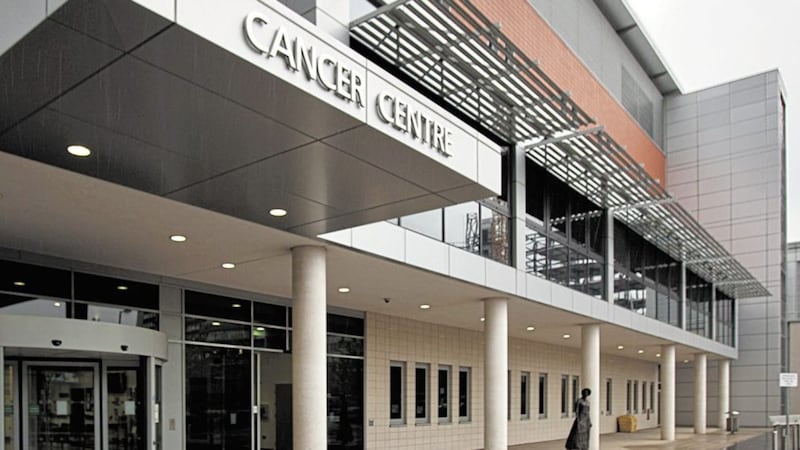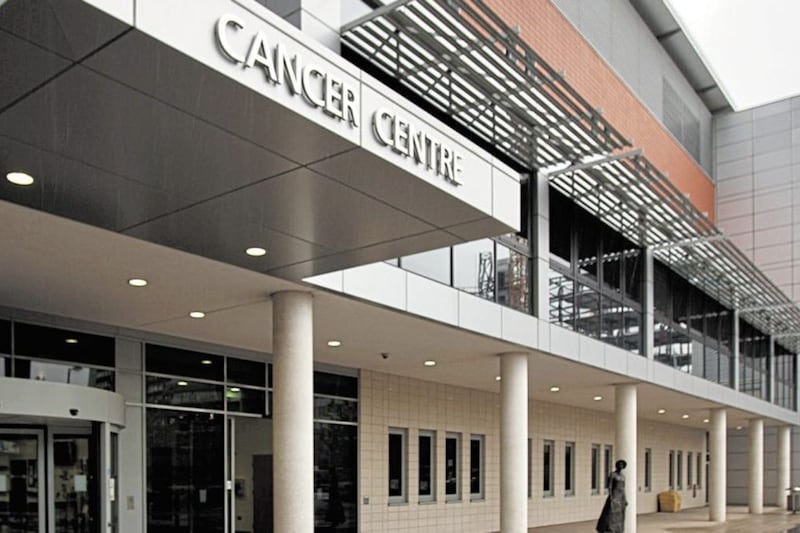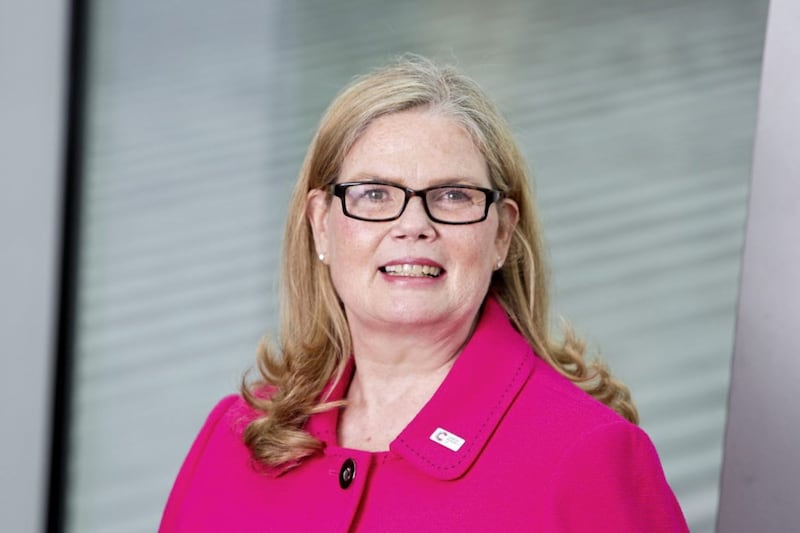SHORTAGES of doctors and nurses in key roles have been blamed for "unacceptable" cancer waiting times by the Department of Health.
SDLP health spokesman Mark H Durkan has branded the failure to meet a single cancer waiting time target "a disgrace".
Latest figures for March 2019 show that the crucial 14-day target for urgent referrals for suspected breast cancer has yet again been missed.
In the past five years it has only been met in two months.
Meanwhile, during the last quarter, just 59.9 per cent of patients with an urgent GP referral for suspected cancer started treatment within 62 days.
The target is 95 per cent and has never been met by a single health trust in the north since it was set in 2009.
And the percentage of patients who started their first treatment following an urgent referral for suspect cancer within the 62 day target fell to 61.8 per cent from 75.4 per cent the year before.
In a statement the department accepted "Northern Ireland's cancer waiting times are unacceptable", saying the failure to hit targets is "mainly attributable to staffing gaps in cancer services".
"That's not the fault of the individual units or their hardworking staff. It's because staffing numbers are currently spread too thinly across the province," it said.
Margaret Carr of Cancer Research UK agreed "it's clear that there is not enough staff to meet rising demand for tests" and needed "significant investment", but also cited the need need to improve "diagnostic services".
"Improvements in these services, which include scans, colonoscopy or endoscopy, or blood or tissue tests, are vital as they help clinicians make a diagnosis of cancer.
"A focus on diagnostic services should be a major part of the work to develop a new cancer strategy in Northern Ireland and Cancer Research UK looks forward to working with the Department on Health on this."
The department insisted its plans for transforming cancer care - with fewer larger units - are designed to tackle what it sees as the core problem of staffing.
"Larger teams will make it easier to attract and retain staff - and to cope when some are unavailable," it said.
"... Breast assessment services clearly demonstrate the need to be consolidated on fewer sites to ensure more reliable care, especially given the projected increase in breast cancer in the years ahead.
"A number of different trusts have fallen well short of the 14 day target in recent years, with staffing gaps the recurring cause.
"That's not the fault of the individual units or their hardworking staff. It's because staffing numbers are currently spread too thinly across the province. Smaller units are particularly vulnerable to staffing crises, for instance when a colleague falls ill or takes a job elsewhere."
Northern Ireland has a 11.6 per cent registered nurse vacancy rate, equating to 2,103 empty posts, with the Royal College of Nursing warning it represents "a public safety issue".
Mr Durkan said there is a lack of "strategic leadership that advances the transformation agenda".
"These figures represent real people enduring the agony of waiting for assessment and treatment for life threatening and life limiting conditions.
"... This is, once again, a symptom of the failure to address the crisis in our health service. And it underlines the seriousness of the current talks process. Because this is the real cost of failure - the lives and quality of life of hundreds of people in all of our communities."





